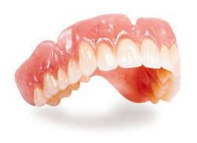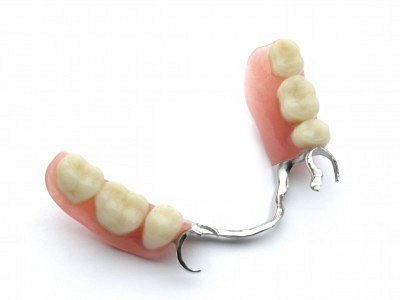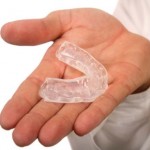If so, you would know that the pain can range from mild discomfort to excruciating pain. But did you know that dental pain can be caused by a variety of factors? In this blog, we will discuss some of the causes of toothaches, how to prevent them, and what to do if you are unlucky enough to experience one.
Causes of Toothaches
A toothache can be caused by a variety of factors, including:
1. Tooth decay: A hole or cavity will occur when bacteria in your mouth produce acids that eat away your tooth enamel. If left untreated, cavities will increase in size and can cause toothaches.
2. Gum disease: Gum disease is caused by the build-up of plaque and tartar on your teeth and if left for too long can lead to tooth loss and in some cases acute dental pain.
3. Tooth abscess: A tooth abscess is a collection of pus that forms in your tooth or gums. It can cause severe pain and swelling.
4. Tooth fracture: A tooth fracture can be caused by trauma to your mouth, such as a fall or a blow to the face. It can cause pain when you bite down or chew.
5. Grinding your teeth: Grinding your teeth can cause toothaches, as it can wear down your tooth enamel and cause sensitivity.
6. Tooth sensitivity: Tooth sensitivity can cause a sharp, shooting pain when you eat or drink something hot or cold.
7. Sinus infection: Due to the proximity of your sinus’ to your upper teeth, sinus infections can present as pain in your upper teeth.
8. Wisdom teeth: When your wisdom teeth start to erupt, they can cause pain and discomfort especially if they become impacted.
What to Do If You Experience a Toothache?
See your dentist as soon as possible, especially if you experience fever or swelling. Your dentist will diagnose the cause of your toothache and recommend the appropriate treatment.
The treatment for a toothache will depend on the cause of the pain. Some common treatments for toothaches include:
1. Filling a cavity: If your toothache is caused by a cavity, your dentist will remove the decayed part of the tooth and restore it with a filling material.
2. Root canal: If your toothache is caused by an infection in the pulp of your tooth, your dentist may recommend a root canal. During a root canal, your dentist will remove the infected pulp and fill the tooth with a filling material.
3. Gum disease treatment: If your toothache is caused by gum disease, your dentist will recommend treatment to remove the plaque and tartar from your teeth and gums.
4. Tooth extraction: If your tooth is severely damaged or infected and cannot be saved, your dentist may recommend a tooth extraction.
5. Antibiotics: If your toothache is caused by an infection, your dentist may also prescribe antibiotics to help clear up the infection.
In the meantime, there may be things you can do to alleviate the pain. Rinse your mouth with warm salt water. This can help reduce inflammation and ease the discomfort. Take over-the-counter pain medication, such as ibuprofen or Panadol and a cold compress can help to help reduce swelling and numb the pain. Avoid hot or cold foods and drinks, as they can make the pain worse.
In summary, if you have a toothache, it is important to see a dentist as soon as possible. Call us at Redcliffe Smiles on 1300 438 715 if you have a dental emergency, toothache or any other dental issues. We have appointment available today and will be more than happy to assist you with any concerns you may have.
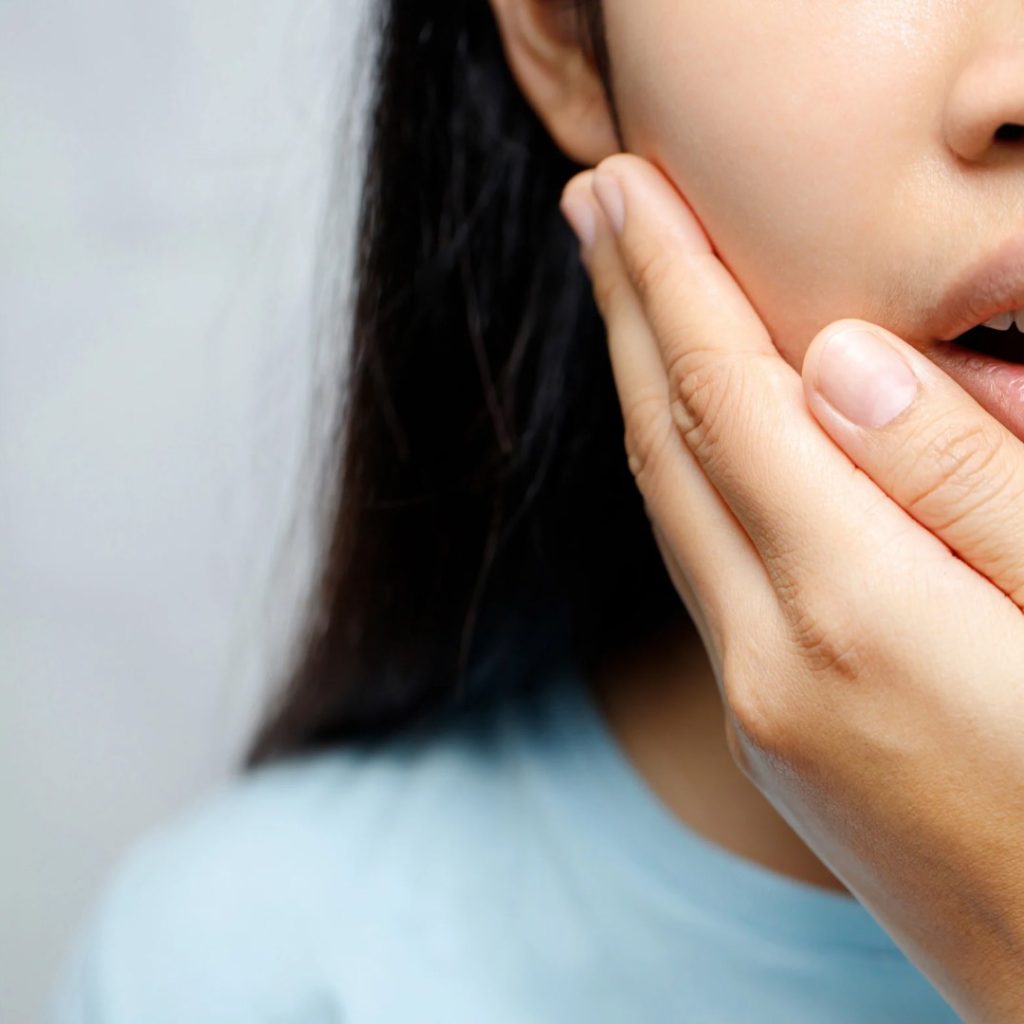
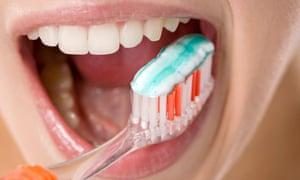 Whether you are a fanatical brusher or not, it is important that you keep up regular appearances at your dentist each year. Seeing your dentist for six monthly check up and cleans is an integral part of keeping good oral hygiene habits. Some of you may be wondering why we suggest that you come and see us regularly, when you already have good oral hygiene or don’t need any dental work. Well, let’s break it down for you.
Whether you are a fanatical brusher or not, it is important that you keep up regular appearances at your dentist each year. Seeing your dentist for six monthly check up and cleans is an integral part of keeping good oral hygiene habits. Some of you may be wondering why we suggest that you come and see us regularly, when you already have good oral hygiene or don’t need any dental work. Well, let’s break it down for you. Brushing and flossing are important because they remove left over food and debris that builds up throughout the day. However, over time our teeth will get a build up of calculus (solidified plaque) which, if left can cause irritation to the gums and potentially decay in the teeth. If you brush and floss regularly then the build-up of tartar around your teeth should be minimal, however it still needs to be removed by a dentist to prevent any issues occurring.
Brushing and flossing are important because they remove left over food and debris that builds up throughout the day. However, over time our teeth will get a build up of calculus (solidified plaque) which, if left can cause irritation to the gums and potentially decay in the teeth. If you brush and floss regularly then the build-up of tartar around your teeth should be minimal, however it still needs to be removed by a dentist to prevent any issues occurring. Our mouths are home to millions of bacteria that thrive and feed off the plaque and tartar we accumulate over time. Your dentist will use specially designed instruments to remove the build-up from your teeth and around your gums, this can help to reduce swollen inflamed gums and prevent decay developing in the teeth. The longer we leave this on our teeth, the more likely we are to develop issues such as gum disease which over time can result in bone loss and the potential loss of teeth.
Our mouths are home to millions of bacteria that thrive and feed off the plaque and tartar we accumulate over time. Your dentist will use specially designed instruments to remove the build-up from your teeth and around your gums, this can help to reduce swollen inflamed gums and prevent decay developing in the teeth. The longer we leave this on our teeth, the more likely we are to develop issues such as gum disease which over time can result in bone loss and the potential loss of teeth.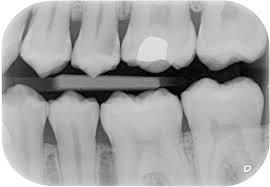 Bitewing
Bitewing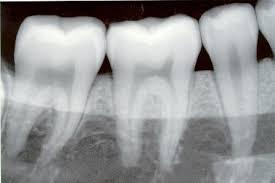 Periapica
Periapica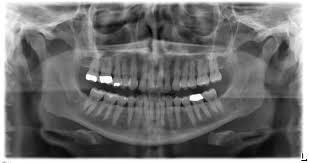 Panoramic X-rays show a broad view of the jaws, teeth, sinuses, nasal area, and temporomandibular (jaw) joints. These X-rays do not find cavities. These X-rays do show problems such as impacted teeth, bone abnormalities, cysts, solid growths (tumours), infections, and fractures.
Panoramic X-rays show a broad view of the jaws, teeth, sinuses, nasal area, and temporomandibular (jaw) joints. These X-rays do not find cavities. These X-rays do show problems such as impacted teeth, bone abnormalities, cysts, solid growths (tumours), infections, and fractures.
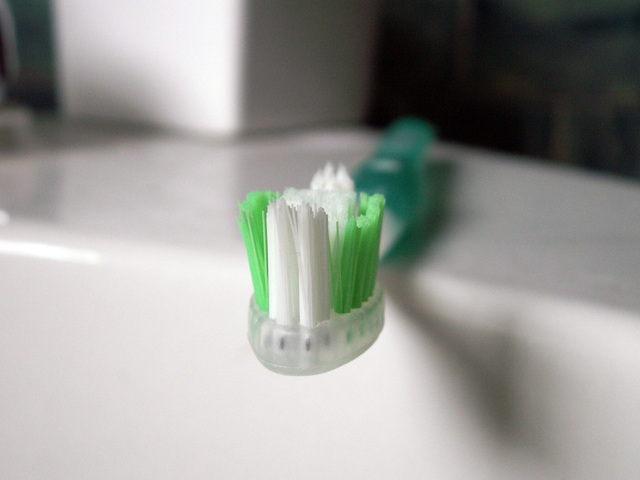
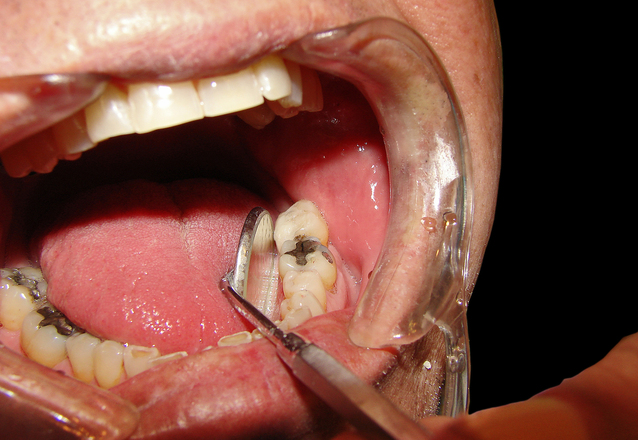 Although rarely used today, Amalgam has been used for years to fill cavities in teeth, it is a combination of metals including silver, mercury, tin and copper. Small amounts of zinc, indium or palladium may also be used. Millions of people have amalgam fillings, so what’s the issue?
Although rarely used today, Amalgam has been used for years to fill cavities in teeth, it is a combination of metals including silver, mercury, tin and copper. Small amounts of zinc, indium or palladium may also be used. Millions of people have amalgam fillings, so what’s the issue?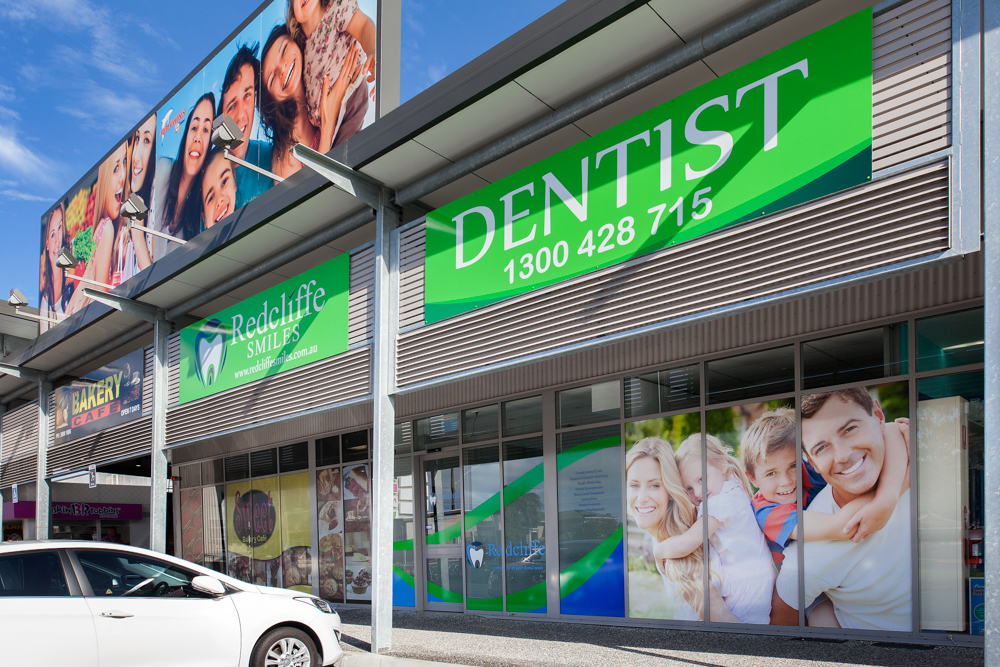 If there is nothing wrong with them there is really no reason to have them taken out.
If there is nothing wrong with them there is really no reason to have them taken out. 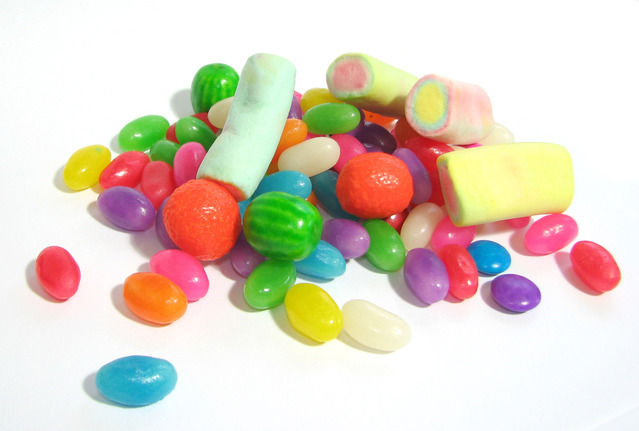
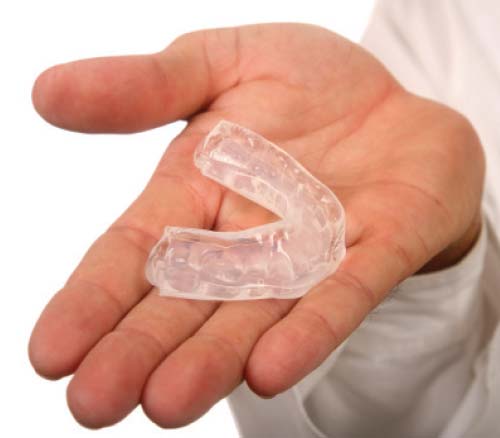

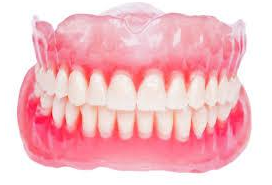 Dentures are custom-made replacements for absent teeth and can be taken out and put back into your mouth. While dentures take some getting used to, and will never feel exactly the same as natural teeth, today’s dentures are natural looking and more comfortable than ever.
Dentures are custom-made replacements for absent teeth and can be taken out and put back into your mouth. While dentures take some getting used to, and will never feel exactly the same as natural teeth, today’s dentures are natural looking and more comfortable than ever.